The number of insolvent companies in Germany increased significantly in July, by 23.8% compared to the same month last year, according to figures released by the Federal Statistics Office (Destatis) on August 11.
The default rate in Europe's top economy has been rising steadily since August 2022. Moreover, the number of larger businesses declaring closure in the first half of 2023 has also increased by 12.4% compared to previous years.
The rising debt defaults are just the latest sign of a number of signs that the German economy is not doing well.
According to the International Monetary Fund (IMF), Germany is the only major economy where GDP is expected to shrink in 2023, while inflation remains high at 6.2%.
Earlier, on August 7, Destatis announced that Germany's industrial output fell sharply by 1.5% in June compared to May, further raising analysts' concerns about the health of Europe's No. 1 economy.
Observers have drawn parallels to the early 2000s when the country was dubbed the “sick man of Europe” due to sluggish economic performance.
“If the government does not take decisive action, Germany could end up at the bottom of the euro zone growth table,” Ralph Solveen, an economist at Commerzbank, told Reuters.
Impact of the transition
Germany has been hit hard by the war in Ukraine because Berlin relies heavily on energy imports from Russia. However, there are also structural reasons for the economic decline, notably over-reliance on exports, lack of investment and a shortage of workers.

A computed tomography (CT) scanner on the assembly line at the Siemens Healthineers factory in Forchheim, Germany. Photo: Bloomberg
Germany’s overreliance on foreign markets has put it in a difficult position. Although recent figures published by Destatis show an increase in exports, the volume of German goods shipped abroad remains close to its lowest level during the global financial crisis in 2009.
German industrial output has been falling since 2018, when global car sales fell for the first time in nearly a decade. The rebalancing of spending toward services after the pandemic has made the situation worse.
The uneven recovery from the pandemic in China – the fourth-largest market for German exporters – is also a factor.
The Asian giant is also a major supplier to Germany’s manufacturing sector. However, German companies are starting to rethink how they rely on China, and the German government is also asking companies to address this dependence.
“It’s easier said than done,” said Wolfgang Fink, CEO of Goldman Sachs for Germany and Austria, who said managing or reducing reliance on China was a topic discussed in every boardroom in Germany.
Changing this relationship is a process that takes time – years, not months, so the impact of this transition will be seen over the next few years, Mr Fink said.
On the energy front, the transition to low-carbon electricity sources is another trend that will be important for the German economy in the coming years.
Fossil fuel use is set to fall sharply in 2022, with German industrial consumption of natural gas falling by around 30%. However, this is largely due to the conflict in Ukraine and disruptions to Russian supplies, and partly because factories have no choice but to cut production.
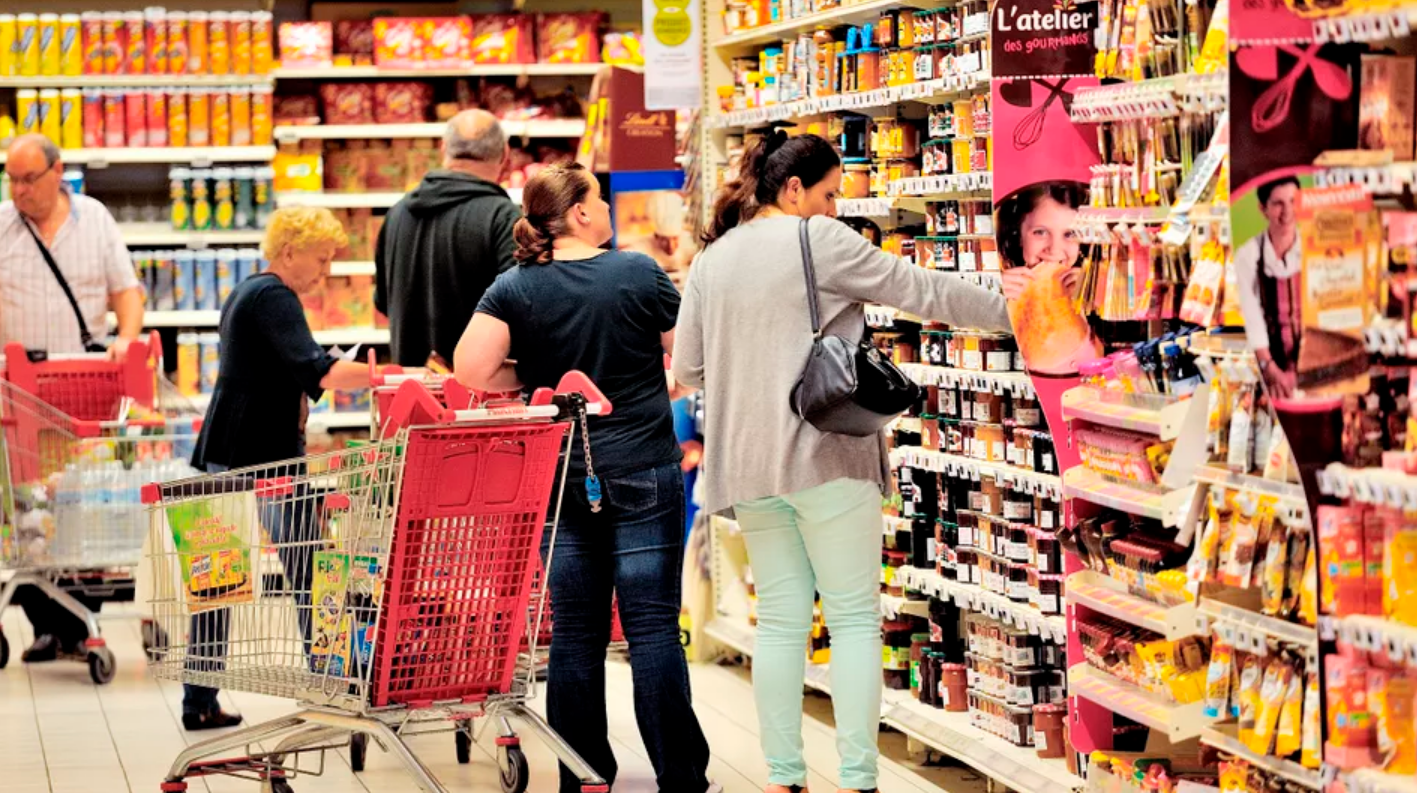
According to the International Monetary Fund (IMF), Germany is the only major economy where GDP is expected to shrink in 2023, while inflation remains high at 6.2%. Photo: Spiegel International
Meanwhile, inflation is clearly a risk for the German economy as well as in developed markets around the world.
There are concerns that rising inflation could contribute to a slowdown in consumer demand, Fink said. Evidence of this concern can be seen in the latest report from Germany’s Ifo Index, which showed business sentiment worsened further in July.
But the good news is that consumers in this country still have significant savings accumulated during the pandemic. “We feel pretty positive about consumer momentum going forward even though we are seeing a downward trend right now,” Fink said.
Answers to the growth challenge
In a world where countries are struggling to compete at a time when reshoring is becoming more common, Germany has the advantage of a well-preserved industrial base.
The easiest answer to Germany's growth challenge is not to turn away from manufacturing but to double down, as China and now the US are doing.
Under the EU's recently passed European Chip Act, Chancellor Olaf Scholz's government approved 10 billion euros (about $11 billion) in funding for U.S. chipmaker Intel to build two factories in Germany in June, and earlier this week pledged 5 billion euros to help Taiwan's TSMC set up a factory with local partners like Infineon.
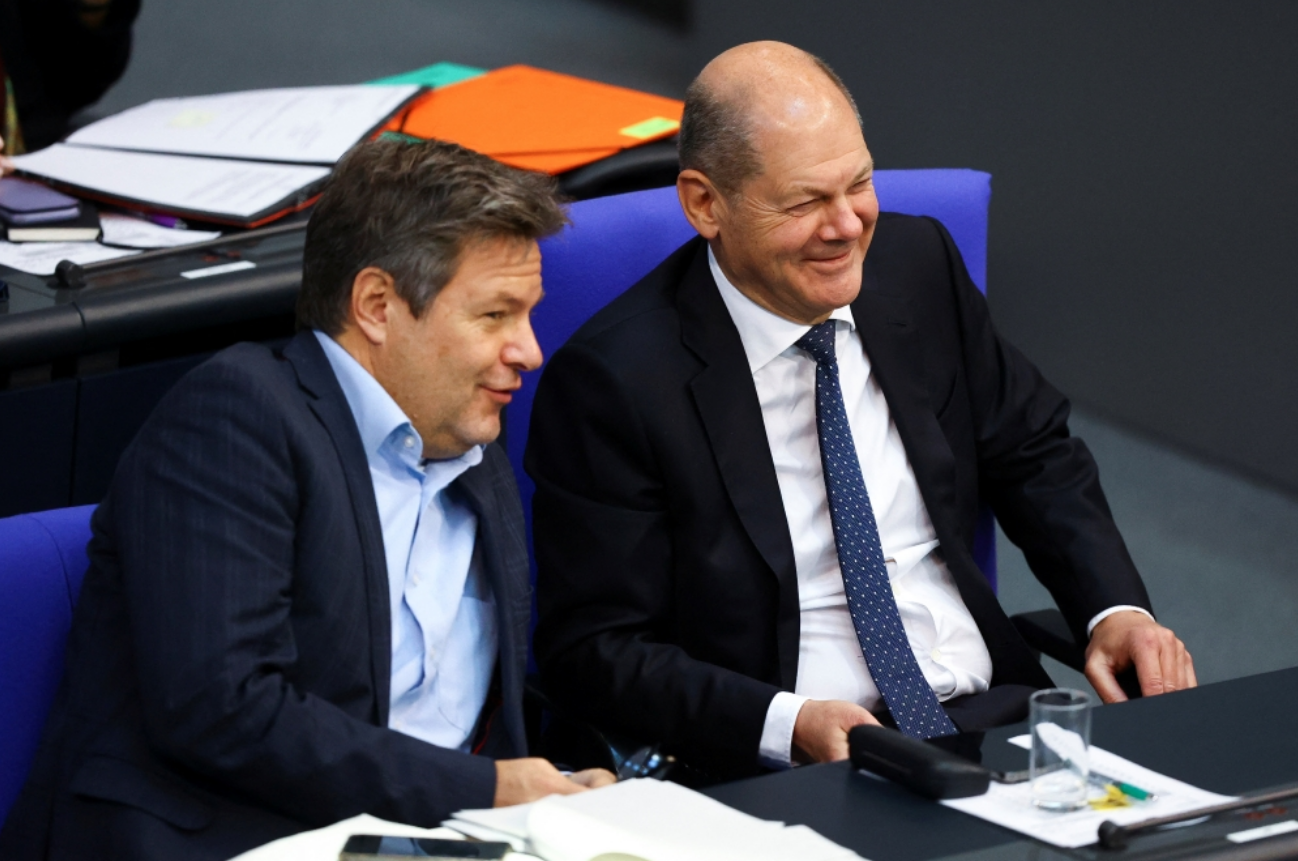
German Economy Minister Robert Habeck and German Chancellor Olaf Scholz during a budget debate at the German lower house of parliament (Bundestag), in Berlin, Germany, November 23, 2022. Photo: The Peninsula
A similar approach is needed to upgrade the country’s electricity generation and transmission systems, and to accelerate the transformation of automakers and other industrial companies. Long-term energy security can prevent cost shifts in the meantime.
Mr Scholz's government is still placing its faith in the German economy, with Economy Minister Robert Habeck betting on private investment to fix the situation.
“Currently, around 20 companies are planning major investments in Germany, with a total investment value of around 80 billion euros,” Habeck told Funke Media Group in an interview on August 8.
Given Berlin's political clout within the EU, it is unlikely that Germany will find itself in a weaker position when it comes to the bloc's efforts to promote a green economy.
Historically, Germany has been the “sick man of Europe”, but has always proven to be a “patient” with good recovery and early discharge .
Minh Duc (According to WSJ, Goldman Sachs, Euractiv)
Source









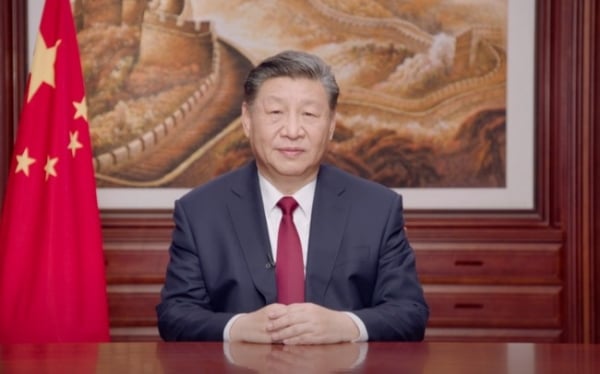




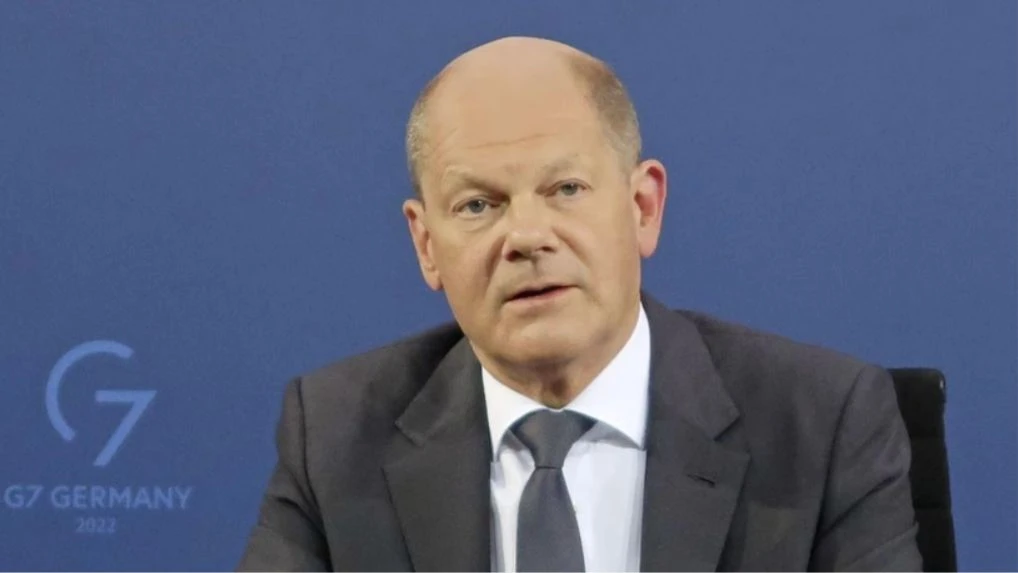




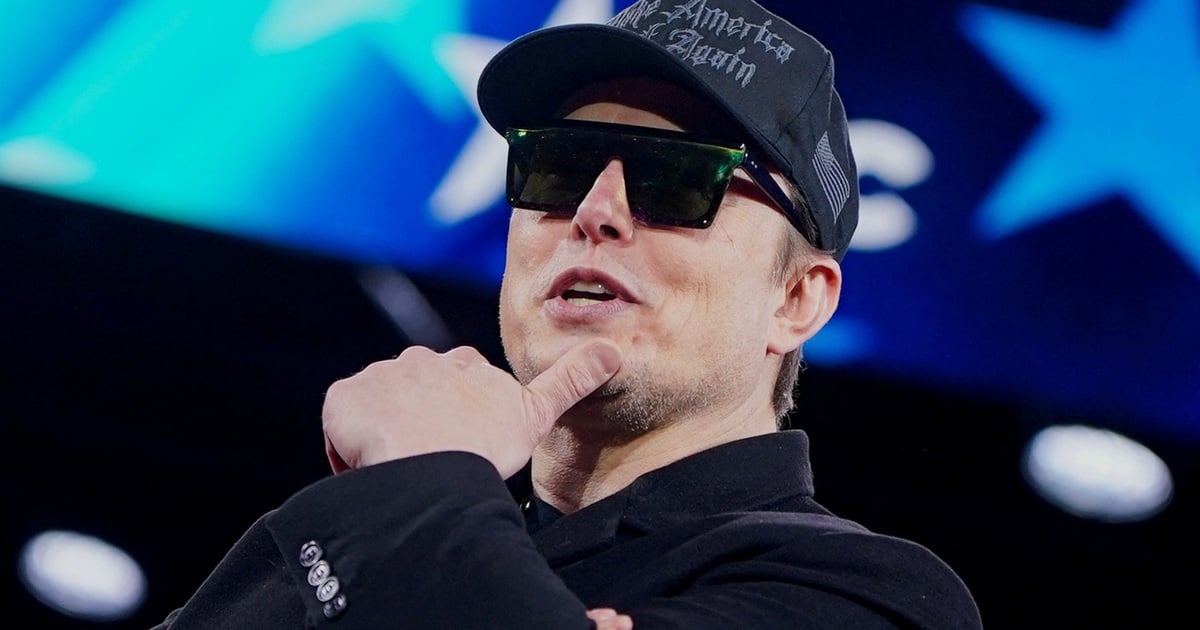


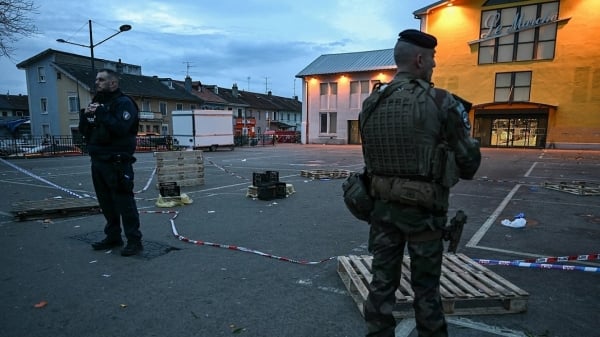



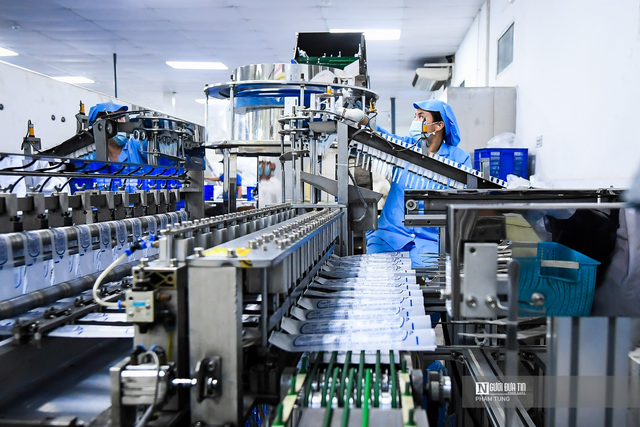











![[Photo] Prime Minister Pham Minh Chinh chairs Government Conference with localities on economic growth](https://vstatic.vietnam.vn/vietnam/resource/IMAGE/2025/2/21/f34583484f2643a2a2b72168a0d64baa)




























































Comment (0)